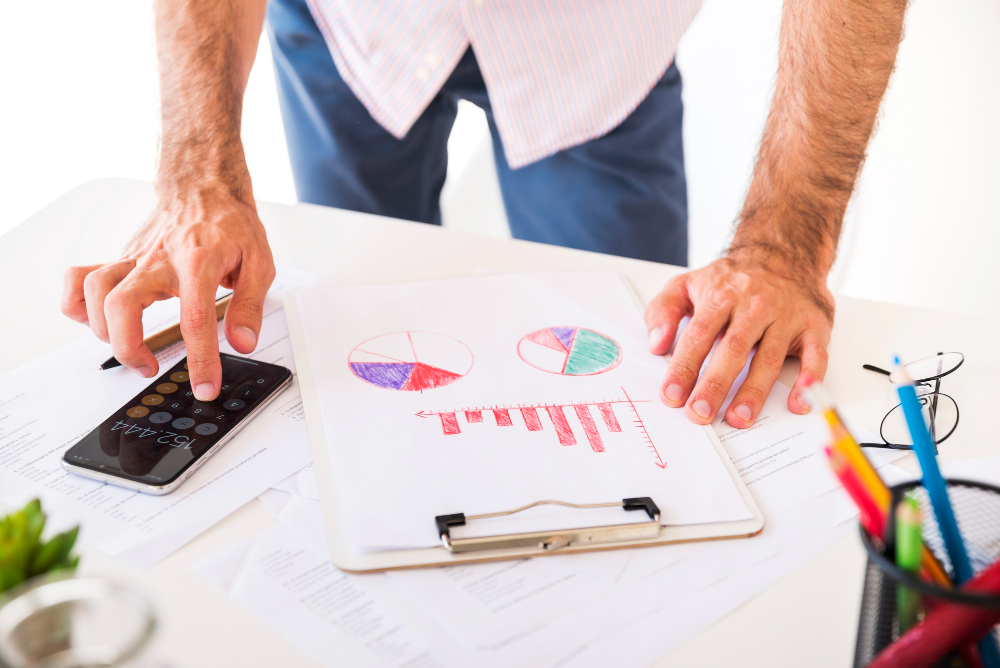Depreciation is a fundamental concept in accounting and taxation that allows businesses to allocate the cost of assets over their useful lives. Understanding how depreciation affects tax liabilities is essential for business owners and accountants alike. Let's delve into the intricacies of depreciation and its impact on business taxes.
- Depreciation Methods: Explain the various depreciation methods available, such as straight-line depreciation, accelerated depreciation (e.g., MACRS), and units of production depreciation, and their respective advantages and limitations.
- Asset Classification: Differentiate between assets subject to depreciation (e.g., equipment, vehicles, buildings) and those not eligible for depreciation (e.g., land).
- Depreciation Deduction: Discuss how depreciation expenses are deducted from taxable income to reduce tax liability, thereby providing businesses with cash flow benefits.
- Section 179 Deduction: Introduce the Section 179 deduction, which allows businesses to deduct the full purchase price of qualifying equipment and software purchased or financed during the tax year.
- Depreciation Recapture: Explain the concept of depreciation recapture, wherein gains from the sale of depreciated assets may be taxed at ordinary income rates rather than capital gains rates.
- Planning Considerations: Offer strategic advice on asset purchases, timing of depreciation deductions, and the impact of depreciation on financial statements and business valuation.
Depreciation plays a significant role in determining business taxes and financial performance. By understanding depreciation methods, deductions, and planning considerations, businesses can effectively manage their tax liabilities and optimize their overall financial strategies.

